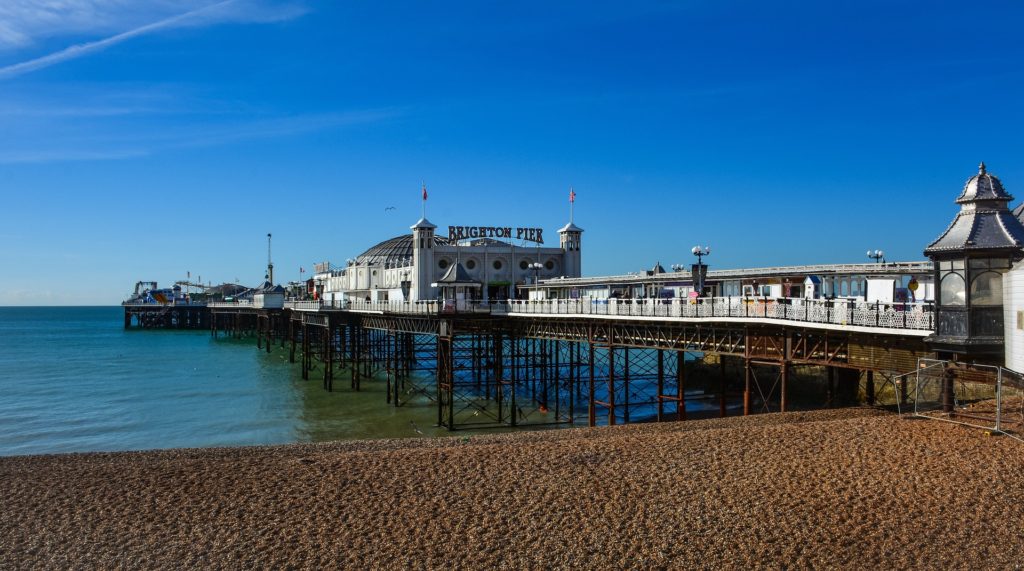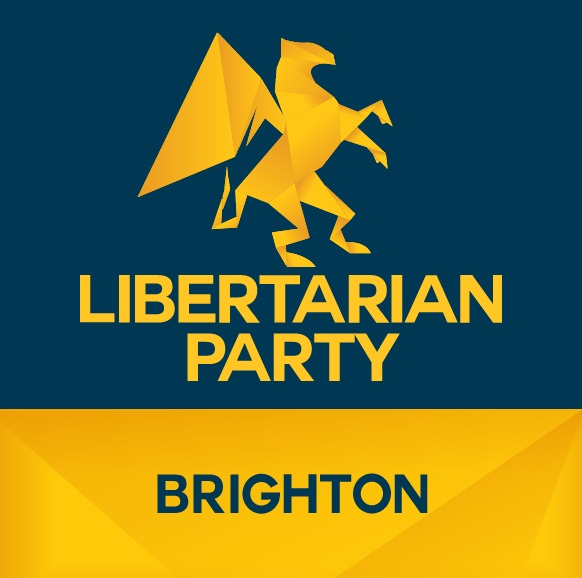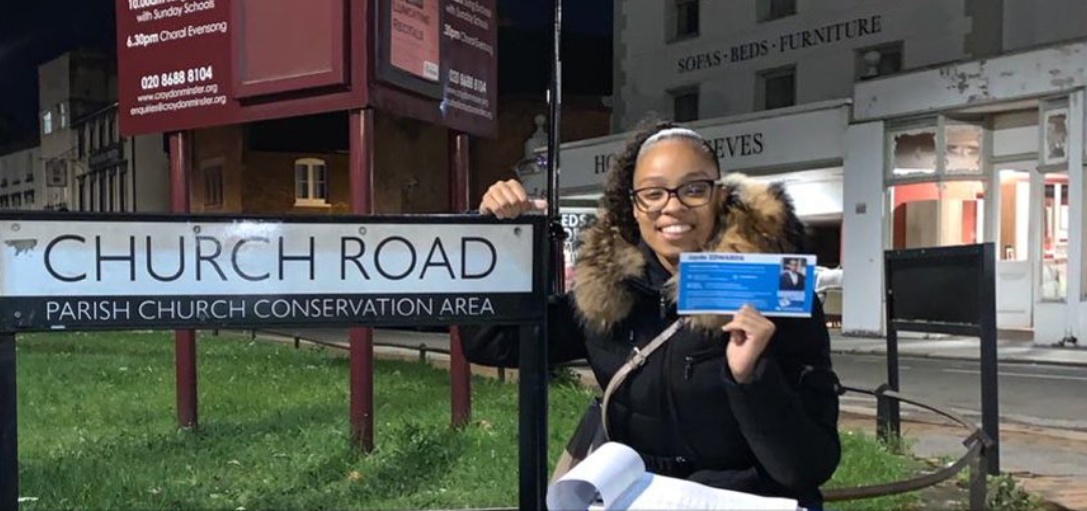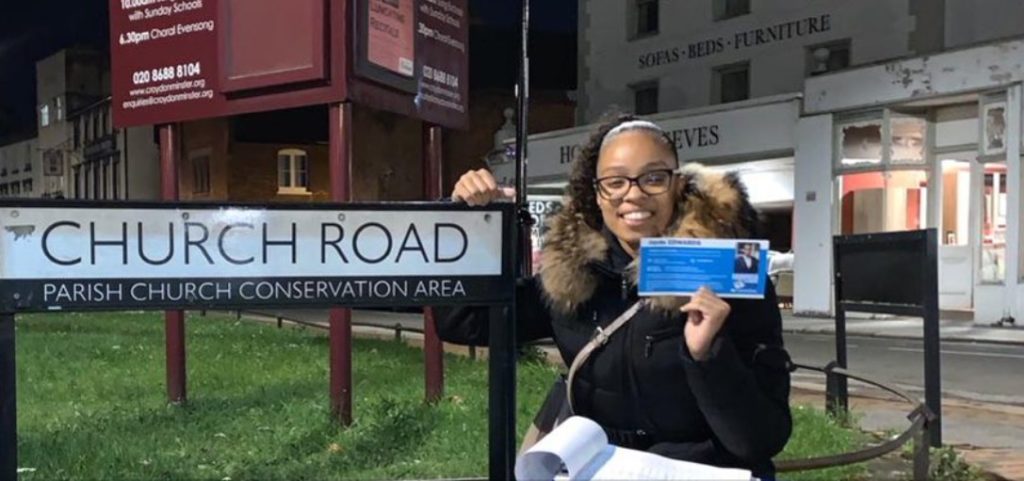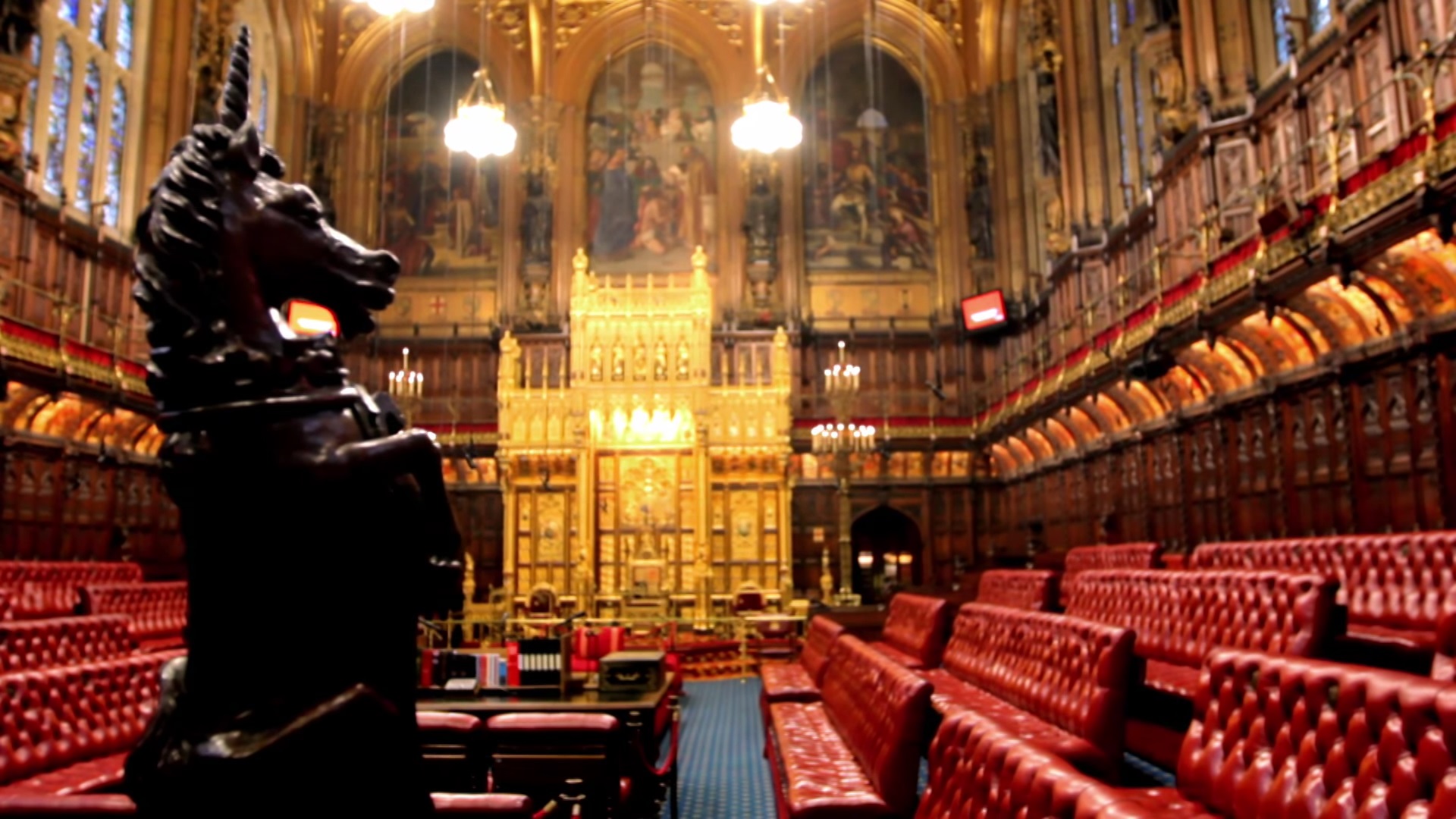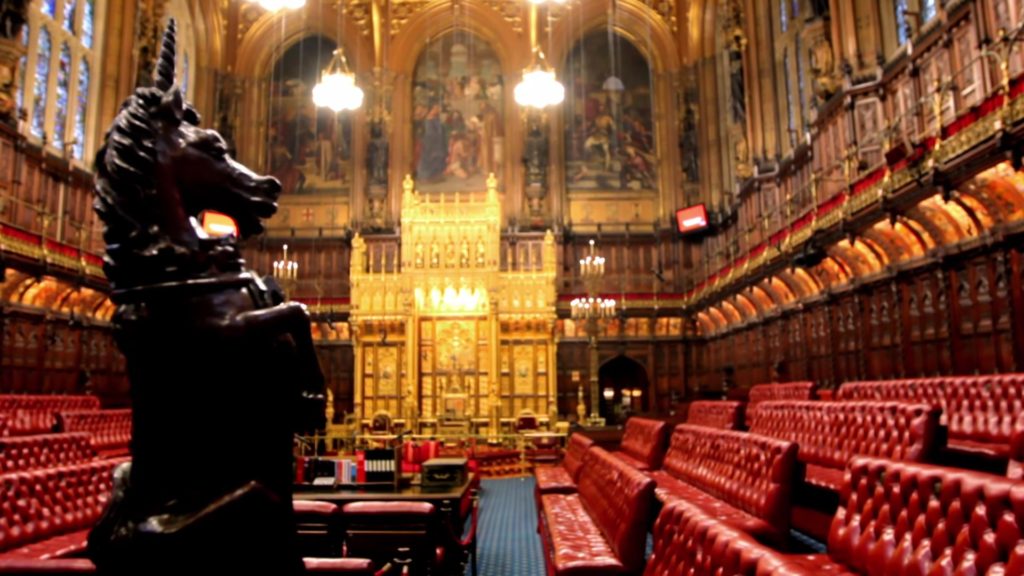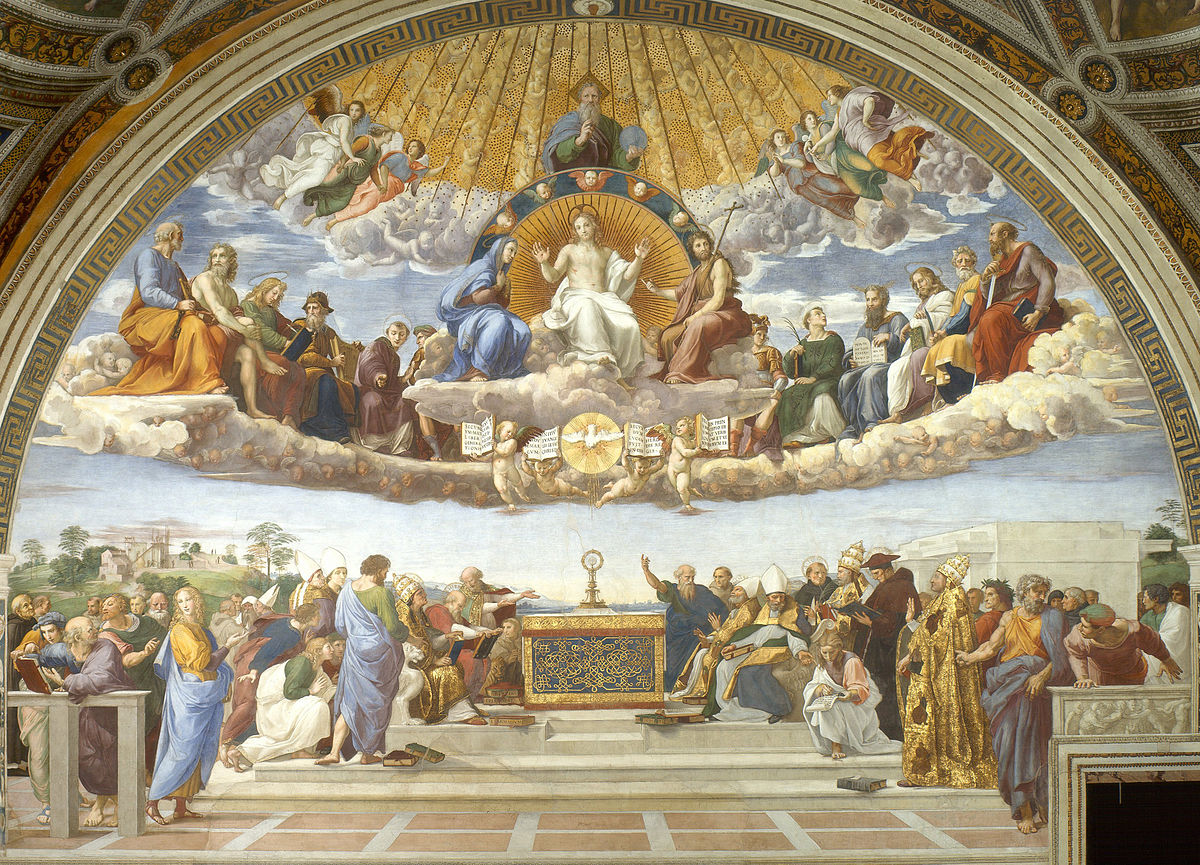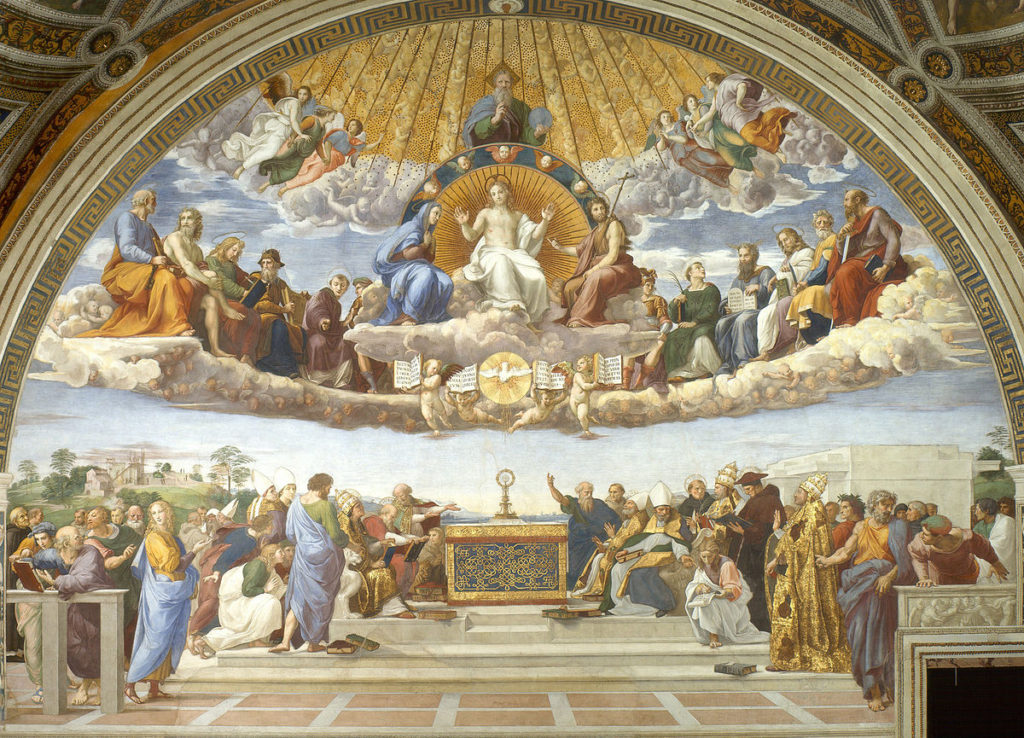
Economic Piece by Josh L. Ascough
When writing about the subject of money, I think it’s worth having a bit of fun by quoting the Monty Python Money song:
“There is nothing quite as wonderful as money. There is nothing quite as beautiful as cash. Some people say it’s folly, but I’d rather have the lolly. With money you can make a splash.
You can keep your Marxist ways, for it’s only just a phase… Money makes the world go round!” ~ Monty Python The Money Song
“Money is quite literally the life blood of any economy, and a people’s ability to communicate value to one another”
Money has played one of the most important roles in our ability to communicate throughout the world of commerce. Thanks to money, we are better equipped to calculate the marginal utility of goods and services, which ensures we can evaluate the cost of production and the value of capital. Money is quite literally the life blood of any economy, and a people’s ability to communicate value to one another.
But thanks (or rather, no thanks) to government involvement and its monopolistic grip over the monetary sphere, money has not advanced in 100 years; in fact, it has gotten worse.
“money never used to be a symbol of ‘national sovereignty’, in fact during the period of the classical gold standard, money was not nationalised; it was an international means of calculating value via the means of value to weight ratio and arithmetic”
Not many people realise, but money never used to be a symbol of “national sovereignty”, in fact during the period of the classical gold standard, money was not nationalised; it was an international means of calculating value via the means of value to weight ratio and arithmetic. Gold was gold. It did not matter what brand was on the coin as it was all in the form of precious metals.
Sadly, we went down a very damning path by nationalising money, and giving full control over the monetary sphere to governments and the central banks. We took what was a once a bottom-up process based on market democracy, and turned it into a top-down process based on institutional, cartel-like tyranny.
However, though governments will fight hard to not resurrect the gold standard, we have an alternative to the monopolistic, monolithic hold over our money. Allow me to introduce you to the wonderful world of Cryptocurrency.
Before we delve into the subject of Cryptocurrency I think it is important to debunk an idea that has circulated for a while:
Where does money come from?
There has been this strange consensus for a while that could be the root of the idea for assumed consent of taxes; which is that money is created by government.
This is in fact not true in any sense. In fact it is actually the complete opposite.
Money has always been a creation of the private, organic markets. When I say the private market, I don’t mean a CEO of a company creates a money and says “this is money, and this is how much it is worth.” Rather, I’m referring to the organic process of human interaction. I’ll try not to turn this into an article on the creation of money, but I will attempt to explain this through a chronological ordering:
Let’s say there is a community with no money and it is operating in a system of barter. Barter is a system with no commodity for the means of exchange and so those wishing to acquire goods and services will trade economic goods for economic goods, via the means of Direct Exchange; for example let’s say I grow wheat and you raise cows. I have 50 crates of wheat, enough to serve my immediate needs via 2 crates and enough to keep aside for future use via 10, yet I can further satisfy my needs by acquiring a cow.
You are raising 20 cows, you hold 1 for an immediate food source, 5 for future food sources, 2 for milk which you use to drink and create butter, and 4 for breeding, yet you can also further satisfy your needs by acquiring wheat.
Your uses for the wheat equate to you requiring 20, and you hold the use value you hold over the 8 cows as being below that of 20 crates. My use for the cow equates to requiring 4, and I hold the use value I hold over the 38 crates as being lower than the 4 cows.
In all economic activity we are seeking to increase our value by trading goods we deem to have lower value for ourselves, and so if I value 4 cows to be equal in value to my 38 crates of wheat and was to trade the exact amount, I would not be gaining value. The same is true for the other side; If you value your 8 cows to be equal to 20 crates and you were to trade the exact amount, you would not be gaining value – therefore the ratio for me to gain would mean I’m willing to trade no more than 37 crates, and in order for you to gain you are willing to trade no more than 7 cows.
We agree to a trade by you acquiring 30 crates of wheat in exchange for me gaining 6 cows.
30 crates = 6 cows.
This system of barter is all well and good until a few issues arise.
Within a system of barter, we rely on a coincidence of wants; we are focused on the necessity of our neighbours coincidently having a need that can be satisfied through the use of what his fellows have, and vice versa.
Additionally, the perishability of goods is another problem. If you are growing wheat, and your neighbour says he doesn’t want wheat now, but he probably will in the future. The problem here is that wheat doesn’t last forever, after a period of time it will shrivel up and be incompatible for the uses it could’ve served. Continuing down this, perishable goods cannot be traded over great distances as again, they will shrivel, grow mould and become unable to satisfy the needs they once held use value for, so under this system direct trade based on the coincidence of wants can only be maintained within a local community; not city to city or nation to nation.
Finally the other problem with a system of barter, is the indivisibility of goods. If you are raising horses for example, you are looking to acquire wood and straw to build yourself a basic hut, and people have a need which can be satisfied through the use of said horse and hold command over the goods you are seeking, you cannot divide the horse into a multitude of pieces to satisfy both “buyers” and yourself, as the horse will then lose its use value, and if both the wood and the straw hold no value to you on their own, then even trading the horse to one person regardless of who will not form a gain in value to yourself, as you would be no worse off with or without.
Now the way in which a money is brought to the market occurs when an economic good, which holds use value, acquires the quality of being a means of exchange, by confirming a few important qualities:
Scarcity – scarcity is the primary requirement for a good to be deemed an economic good, and it is no different for money. If a money is not scarce, then it loses its value and ceases to be an economic good. A historical example of what happens when a money is made non-scarce, is the period of hyperinflation in Germany.
Divisibility – this could also be referred to dramatically as the indestructability of a sound or “good” money. An indestructible or divisible economic good, is one in which it can be divided into fractions without losing it value. A perfect example of this is the gold standard; if you had a 1kg bar of gold and broke the bar up into a thousand pieces each equalling 1g, the value of gold has not diminished it has simply been divided into more flexible quantities.
Durability – a sound money will be able to be transported across cities, towns and nations without fear of the money shrivelling up, and losing its value; this is very similar to the divisibility of money.
These are the qualities of an economic good that are required for a money to occur over the course of time within the market. So if, let’s say, steel was seen to satisfy a need which people had and therefore held use value, then an innovative, entrepreneurial individual would come to the conclusion that, steel is scarce so it quantifies as an economic good and the more people demand it the more valuable it will become, it is divisible/indestructible because it can be broken up and melted down into different quantities of different sizes and weights, and it is durable because it retains itself over long periods of time making it possible to transfer as far as other nations; this individual would decide to begin accepting steel in exchange for his goods and services. The steel now has gained a new quality, it has acquired an exchange value by obtaining the ability to be a means of exchange; it is now of intrinsic value.
If you would like to see further details about how money comes into the world, I highly recommend Carl Mengers book – The Origins of Money.
So, what is Cryptocurrency?
Crypto is a digital commodity which is created through the means of what is called Crypto mining; using specialized hardware to code at a variety of hash rates and adding blocks to the chain (Blockchain). This process takes a lot of processing power just like mining for gold. The Hash rate is the speed at which a software is able to complete the operation of accessing crypto code; the greater your hash rate the more crypto you’ll be able to mine.
There are a wide variety of Cryptocurrencies; Bitcoin being the most famous and most valuable; at the time of writing this (24/07/20), 1 BTC is valued at £7,498. Other forms of Crypto are Ethereum, Ripple, Bitcoin Cash, and Litecoin.
At the time of writing this, they are valued at:
1 ETH = £221.
1 XRP = £0.16.
1 BCH = £184.
1 LTC = £34.97.
Cryptocurrency has all the qualities that require a money to come on to the market.
“These mechanisms ensure that only a fixed quantity of each Cryptocurrency can be created through coding regardless of the hash rate. So once a maximum quantity has been created, no more for that particular Cryptocurrency can be brought into existence”
It is a scarce resource. Many may say, how can something with no physical qualities be scarce? Well that is thanks to the mechanisms operating within the Blockchain itself. These mechanisms ensure that only a fixed quantity of each Cryptocurrency can be created through coding regardless of the hash rate. So once a maximum quantity has been created, no more for that particular Cryptocurrency can be brought into existence. This also ensures that it cannot be manipulated through artificial creation or inflation, and so as the production operating in an economy is lower than the money supply we will see what is known as Growth Deflation, resulting in prices falling; not necessarily due to overall supply of goods being higher than consumer demand, but because the money has become more valuable than the capital and consumer goods themselves.
It is divisible. Cryptocurrency can be divided between different coders, hashers, consumers, suppliers and investors without it causing the currency to lose its overall value.
It is durable/indestructible. Cryptocurrency probably has the most unique form of this than any other form of money, because all money, even the gold standard over very long periods of time will wither. Under the gold standard even though there were huge benefits to this monetary system, over prolonged periods of time the coins would lose weight and so a coin which originally weighed 1 pound, could be reduced by continuous use to say 3/4 of 1 pound or lower, and so that particular coin would be less valuable. Crypto though, thanks to its non-physical quality and being completely based in code, can go on, and on, and on; forever. Cryptocurrency is the purest form of indestructible money.
There has been criticism and questions over Cryptocurrency in general and I’d like to address some of them.
“So Crypto is just a money. What about a payment system?”
Cryptocurrency has a unique quality about it where it is both a money and a payment system. The payment system is built into the money itself, for example imagine if PayPal was its own form of money as well as a payment system; rather like how most modern gaming controllers have battery packs built into them rather than the battery being a separate aspect; except the batteries in the Crypto payment system down run out of power.
“The Blockchain not only acts as a massive database for all the Crypto in existence, but has built into it a ledger that keeps track of transactions occurring as well as keeping a log of what belongs to who”
“If it is all digital how do you know what belongs to who?”
The Blockchain not only acts as a massive database for all the Crypto in existence, but has built into it a ledger that keeps track of transactions occurring as well as keeping a log of what belongs to who. Note that when I say track I don’t mean the ledger is keeping track of what you buy or who where the money is going; to keep with the privacy of Cryptocurrency, the ledger tracks when transactions occur, and how much; that’s it.
“How secure is Crypto; could I get hacked?”
Just as any piece of technology, there is always a possibility that your wallet could get hacked, but at the current period of time, unless someone has access to your private key; which is built into each individual wallet that only the owner has access to, it would be impossible to hack into someone’s account and steal your money without requesting money first, which is done by sharing your public key to customers or businesses, which is used to enact transactions.
I would like to rewind my statement earlier about it being a money and a payment system, as with the information on the private key it can be noted as being three; a money, a payment system and a personal private bank.
“What about the crash that happened to Bitcoin in 2017?”
This has often been thrown around in an attempt to discredit Crypto in general, however the reason the crash happened is very straight forward and, while it is something skilled techno-minded people are looking to solve, from an economic position its reasoning comes down to artificial barriers in the way.
Crypto has all the qualities of a money. It is scarce, divisible, durable, it holds exchange value and is a means of exchange. However, at the time, it did not hold use value because it could not be used in large numbers of transactions; so as large numbers of people were increasing the demand and overall value of Bitcoin, when it was realised it couldn’t be used speculation went against its favour and caused the value to drop. Now as stated, there are very skilled technically minded people working on ensuring it has usability, however I would argue it comes more down to governments holding a monopoly on what money is “meant” to be, and so blocking any and all competition for better, more efficient means of exchange. There is also the aspect that not all businesses wish to commit to transactions in Crypto, but no money ever created through the spontaneous, unplanned order of the market comes about instantly; these things take time and the user interface has hugely improved since Crypto’s inception in 2009.
If Cryptocurrency continues to advance, and achieve better, faster and more user friendly means, we could see the death of big government faster than we could have hoped only a decade ago; we could see an end to central banking by adopting completely private wallets, storing private money.
Without full control over money, nation states cannot maintain their power.

Main image: Image by Pete Linforth from Pixabay
https://pixabay.com/illustrations/crypto-currency-bitcoin-blockchain-3130381/



